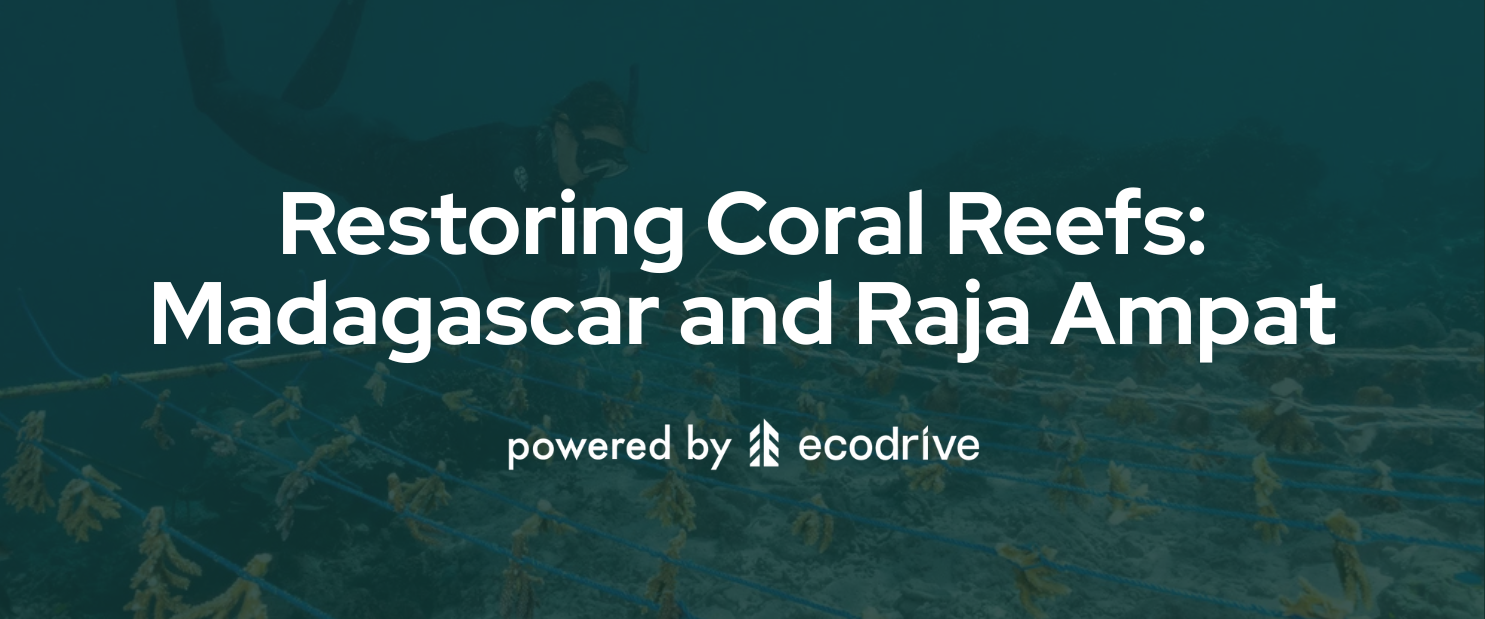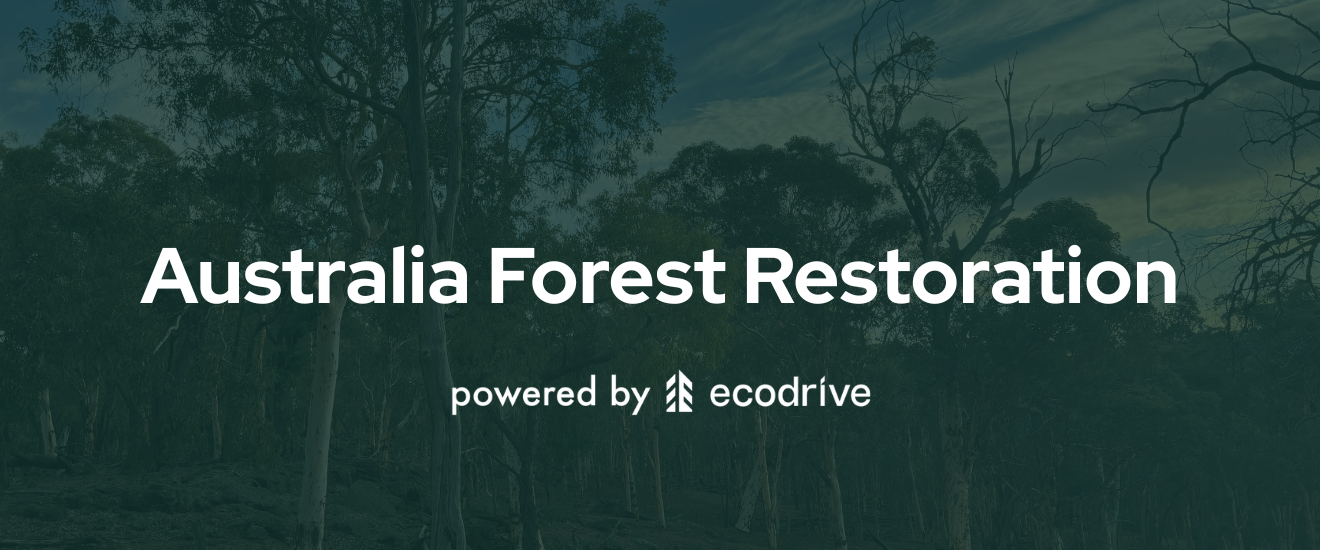Kelp Farming: A Growing Solution for Sustainable Food and Bioplastics
Investigating The Future of Kelp Farming and Its Potential Impact on Global Industries
Kelp is more than just a vital part of the ocean ecosystem - it’s also emerging as a solution to some of the most pressing environmental challenges we face today.
From sustainable food production to bioplastics, kelp farming is on the rise, offering eco-friendly alternatives that could reshape industries. Let’s dive into how this fascinating seaweed is making waves in sustainability.
Kelp as a Sustainable Food Source
Kelp is highly nutritious, packed with vitamins, minerals, and antioxidants. It is already a staple in many Asian cuisines and is gaining popularity in the West as a health food.
Seaweed farming is more sustainable than traditional agriculture because it doesn’t require freshwater, fertilizers, or land. Kelp grows rapidly, making it a renewable resource that can help feed a growing global population while putting less strain on terrestrial ecosystems.
Innovative Uses of Kelp in Bioplastics and Biofuels
The potential for kelp extends beyond food. Researchers and companies are exploring how kelp can be used to create biodegradable plastics, which could reduce reliance on fossil fuels and mitigate plastic pollution.
Kelp’s unique chemical properties make it ideal for creating eco-friendly packaging and products. Additionally, kelp can be used to produce biofuels, offering an alternative to conventional fossil fuels and supporting a transition to greener energy sources.
The Economic Benefits of Kelp Farming
Kelp farming not only supports environmental sustainability but also offers significant economic benefits.
It creates jobs in coastal communities, revitalizes local economies, and offers a sustainable livelihood for fishers who are facing declining fish stocks.
Kelp forests provide important habitat for commercially valuable species such as herring, salmon and rockfish, as well as endangered northern abalone.
Furthermore, healthy ecosystems can help to buoy flagging coastal tourism, bringing wildlife loving scuba divers and day-trippers to areas.
The Future of Kelp Farming and Its Potential Impact on Global Industries
As global demand for sustainable products grows, kelp farming is poised to play a major part. With its versatility, from food to bioplastics to biofuels, kelp could play a key role in transforming industries towards a more sustainable future.
The continued support and development of kelp farming technology and practices will be crucial in scaling up this promising solution.
Learn how you can pledge your support t kelp planting projects whilst feeling the benefits for your business by booking a call with our customer success team, here.












